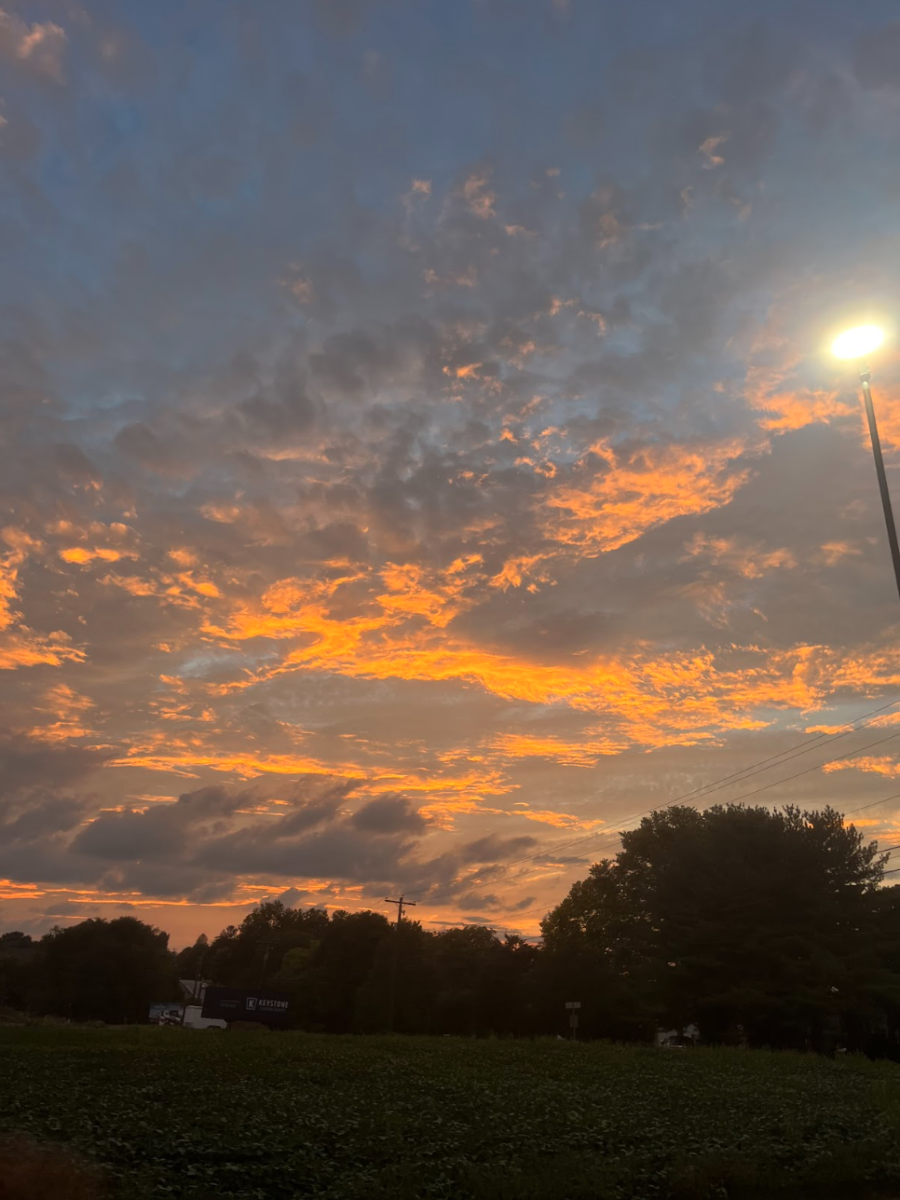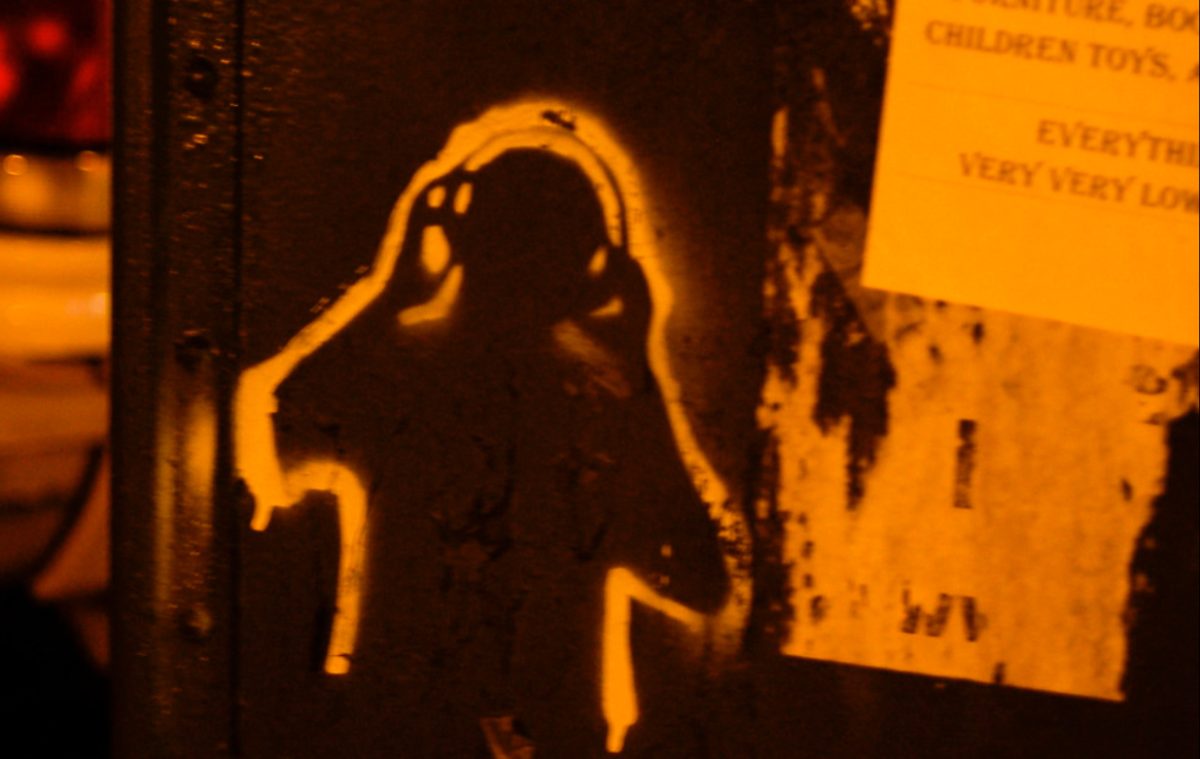Daylight savings time has been around for hundreds of years now and it should be the time structure year round. Daylight savings is a period of time during the year where the sun is out for longer periods of time giving the illusion of a longer day even when the amount of hours in a day are the same. Over the years, winter has become, to many people, a depressing time of year. It is the season for many people to experience seasonal depression and the freezing temperatures make it many individuals’ least favorite season. While implementing daylight savings won’t affect the temperature, it could benefit many other things that are dreaded about winter.
Daylight savings is better for people’s mental health. Seasonal depression is a term used for people who experience depression and are particularly affected during the winter months. Five percent of adults in the US experience Seasonal Affective Disorder (SAD) which is caused due to a serotonin drop when the days are shorter. While this is a small number of people, it doesn’t take into account teenagers, children, and those who haven’t been professionally diagnosed.
Junior Gillian Sullivan, who has experienced seasonal depression, said that she feels happier when there is daylight for a longer period of time and the sun is out. She also finds winter to be sadder and harder to get through because of how dark and cold it is. While time change probably can’t affect the weather to a large extent it could help with the sadder tone winter seems to have.
There are 280 million people in the United States who have depression that struggle during the winter months more than they do during the spring and summer. If we were to instill daylight savings time to be year round, it could improve people’s serotonin levels which would also improve individual’s sleep, anxiety, focus and productivity levels.
Thinking ecologically, it can also save energy and is better for the environment. During daylight savings, most people are awake for most of the day and less at night than they are during the winter. This means that because of the natural sunlight they use less electricity in the house to light up their rooms. This can cut down on light pollution. According to energyharbor.com the country saves close to 1.3 TeraWatt hours per year, which is the same amount of power that it takes to light a million houses for a year, cool 500,000 homes for a year, and fully power 70,000 homes per year.
Daylight savings time overall has a largely positive impact on communities and work spaces and should be implemented permanently because it is an inexpensive way to solve many global issues. This could help with people’s mental health, physical health, and electricity and light pollution just by holding the time back an hour so the sun can be out more.

















Abdullah Tanis • Apr 16, 2024 at 10:27 am
Your second link only leads to a websites starting page rather than any article.
According to a Harvard article linked below, poor sleep caused by daylight savings exacerbates issues such as depression or anxiety, and seasonal depression, the very things this article claims would be solved by adopting daylight savings.
“Many people also have trouble adjusting their sleep schedule to the new time. For the first few days or even a week, they may go to bed later or wake up earlier than usual, which can cause sleep deprivation. One study found that the average person gets 40 minutes less sleep on the Monday after DST begins compared with other nights of the year… Poor sleep caused by DST also can exacerbate existing problems like depression, anxiety, and seasonal affective disorder.”
“’That one-hour change may not seem like much, but it can wreak havoc on people’s mental and physical well-being in the short term,’” says Dr. Charles Czeisler, professor of sleep medicine at Harvard Medical School’s Division of Sleep Medicine.”
Moreover, the same article states that less serotonin is produced due to daylight savings, whereas this article claims more is produced. “Circadian rhythms largely depend on light exposure. The hour transition in the spring initially causes darker mornings and lighter evenings. Less morning light can decrease levels of the mood-boosting hormone serotonin.”
The Harvard article is entitled “The dark side of daylight saving time.” For some reason, I can’t post this with links so this is how I’ll cite it.
This article also claims that energy is saved during daylight savings. However, a Bloomberg article refutes this.
“In 2008, the US Department of Energy released a report assessing a 2005 change that extended Daylight Saving Time by moving the “spring forward” from the first Sunday in April to the second Sunday in March and pushing the “fall back” from the last Sunday in October to the first Sunday in November. The report found that the change resulted in a 0.5% reduction in total electricity for each day of the extension. Most of those savings came in the evening, which offset a modest increase in electricity usage in the morning.
Other studies have struggled to identify even a moderate impact. Also in 2008, researchers published a report in the Journal of Environmental Economics and Management looking at states in Australia that had started Daylight Saving Time two months earlier than normal to accommodate the 2000 Olympic Games. Indeed, once the clocks sprang forward, sunset came later in the day and people used less electricity in the evening. But the researchers found that increased demand for lighting in the darker mornings cancelled out that effect. In a separate study, Kotchen worked with Laura Grant, now an assistant professor of economics at Claremont McKenna College, to research Daylight Saving Time in Indiana from 2004 to 2006. They found that the time change increased residential electricity usage as much as 1%. As in previous studies, the report found less demand for lighting at night, but electricity demand caused by heating (during cooler mornings) and cooling (during hotter evenings) more than offset those savings.
“If you extrapolate those results from Indiana and say how they would apply to the country as a whole, then it would suggest that from an energy perspective, Daylight Saving Time is not a pro-environmental policy,” Kotchen says.”
The Bloomberg article is titled “Does Daylight Saving Time Save Energy?”
Overall, I find the method this article claims to attain desired results to be self defeating. More serotonin would be produced by simply not having daylight savings, and energy usage at best would either stay relatively unchanged, or at worst go up by a percentage. This is why, in my opinion, daylight savings is best left unused